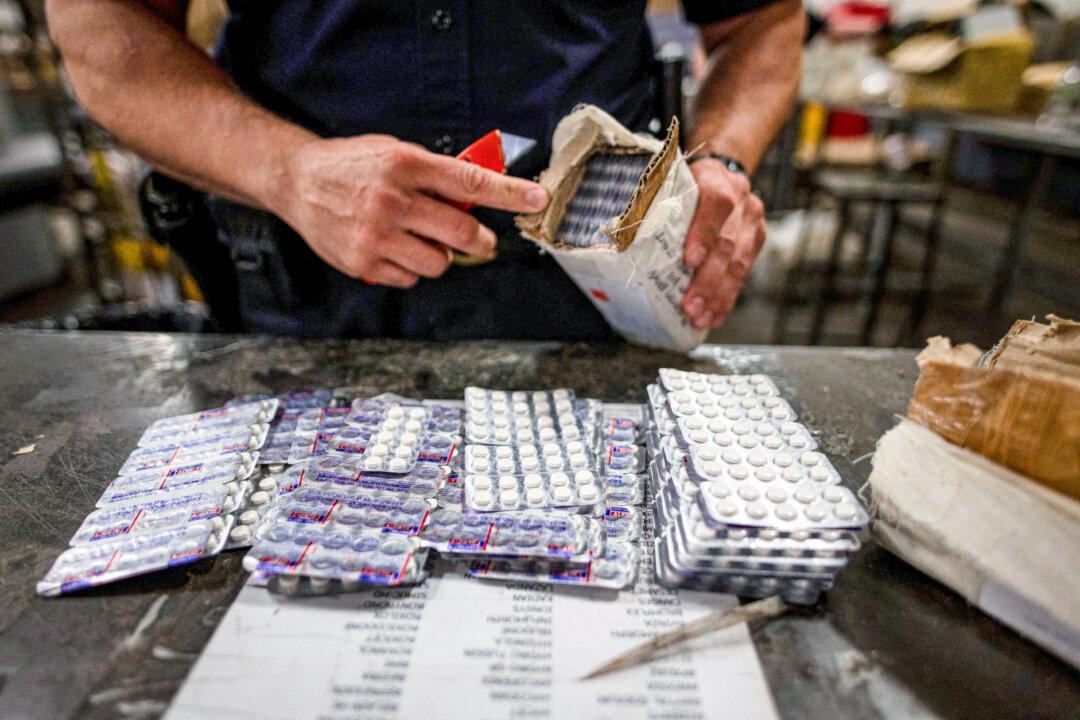Four flight attendants used their airport security clearance to smuggle drug money to the Dominican Republic for an international organization that traffics fentanyl into the United States, according to a recently unsealed Homeland Security investigation.
The flight attendants, who are from New York and northern New Jersey, were arrested on May 7 following a four-year investigation by federal agents of the Homeland Security Investigations (HSI) division.




